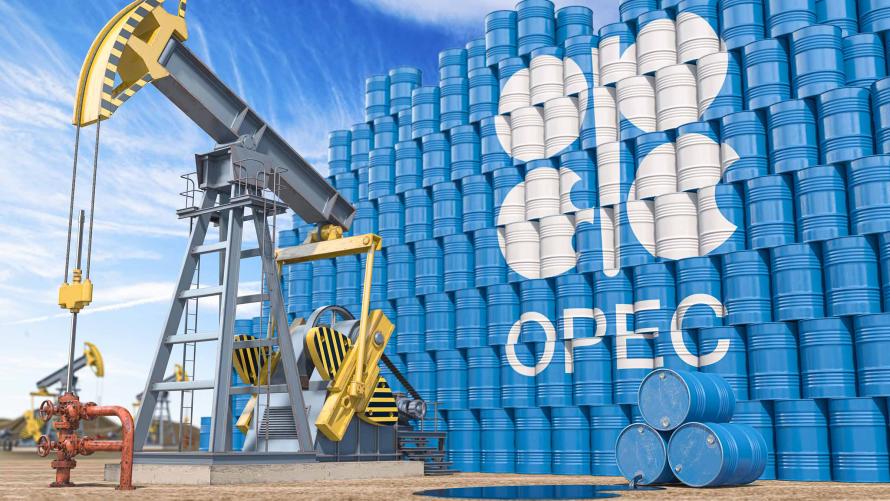OPEC Cartel Announces One More Oil Cut: What It Means For The Globe In General And India In Particular?
Saudis want consistent high oil income to undertake ambitious development initiatives aimed at diversifying the country's economy away from oil.

Saudi Arabia said recently that it would restrict the amount of oil it delivers to the global economy, taking a unilateral action to maintain the falling cost of crude after pair of earlier production cutbacks by members of the OPEC+ coalition of major oil-producing countries failed to raise prices. The news of the Saudi reduction of 1 million barrels per day, which will begin in July, came after an alliance meeting at OPEC headquarters in Vienna. The remaining OPEC+ countries agreed to prolong earlier production restrictions until 2024.

How the drop in oil prices has helped ‘The States’?
The negative shift in oil prices has made it easier for Americans to fill their tanks and has provided some respite to consumers globally from inflation. The concern revolving around fuel price reduction is that the Saudis believed another decrease was needed, putting a light on fuel demand’s uncertain image in the coming months. Tensions have been raised about economic weakness in the United States and Europe, and China’s recovery from COVID-19 limitations has been less robust than many had thought.
Saudi Arabia, the cartel’s leading producer, was one of many members that agreed to a surprise drop of 1.16 million barrels per day in April. The kingdom received 500,000. This came after OPEC+ said in October that it would reduce output by 2 million barrels per day, provoking US President Joe Biden by threatening higher petrol prices a month before the midterm elections. However, those reductions had little long-term impact on prices. Brent crude price spiked high USD 87 per barrel before recently relinquishing their post-cut gains and hovering below $75 per barrel. Crude in the United States has fallen below $70.
Lower fuel costs have aided US drivers because they begin the summer travel season, with prices at the pump averaging $3.55, a $1.02 decrease from a year ago, per an auto club AAA. Inflation in the 20 European countries using the euro had sunk to its lowest level before Russia invaded Ukraine. It’s probable that the current output decrease may raise oil prices and, with them, gasoline costs. However, it is unclear when the world’s slowing economy will reclaim its desire for fuel for travel and industry.

The cut comes after bin Salman issued a stern warning to speculators speculating on reduced oil prices. Saudis want consistent high oil income to undertake ambitious development initiatives aimed at diversifying the country’s economy away from oil. According to IMF, the kingdom will need $80.90 per barrel to achieve its projected expenditure plans, which include a $500 billion futuristic desert metropolis assignment named Neom.
While oil producers demand more money to support the state budgets, they should also scrutinize the impact of increasing oil prices on oil-consuming countries. Excessive oil prices may drive inflation, reducing consumer purchasing power and forcing central banks like the US Federal Reserve to hike interest rates further. Higher interest rates aim to reduce inflation but may limit economic development by making loans for purchases or company investments more difficult.

The impact of increasing oil prices on India.
This happens when the power goes to one of in few hands. Let’s try to calculate what will be the impact of these prices on Indian financials. Analysts have warned that the reduction will impact pricing, worsening global inflationary pressures. This would increase import expenses for India, which may drive inflation if the government reinstates the daily retail vehicle fuel price modification system. If the Indian government continues to freeze retail prices, the marketing corporations will again see massive under-recoveries. The output decrease will eventually boost crude oil prices, raising India’s import bill and exacerbating the current account deficit by around 0.4% of the great GDP.
Proofread & Published By Naveenika Chauhan




